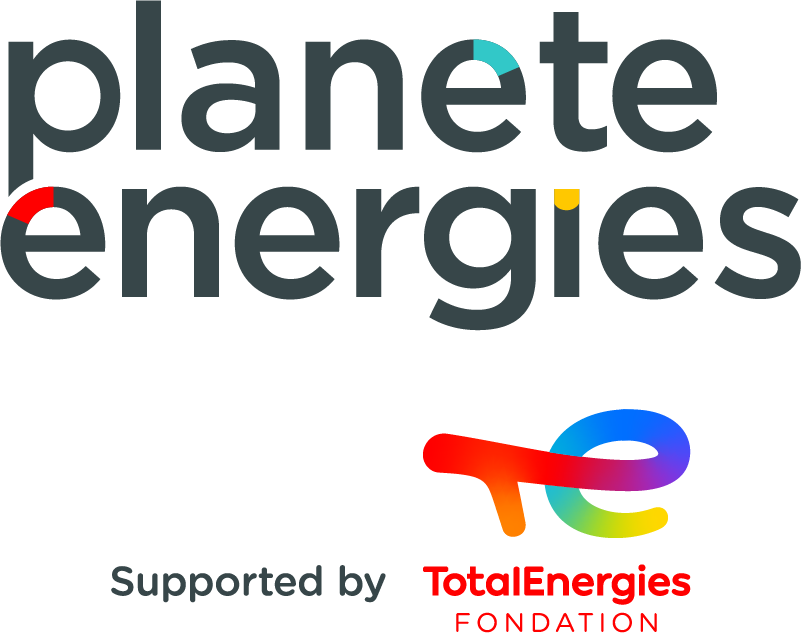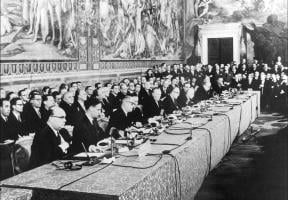Saving Energy at the Individual Level
5 min read
While large-scale energy savings can only be achieved through government initiatives and specific regulations, individuals can still play a role in reducing their own consumption. technology and Energy Performance Certificates (EPCs) are two accessible and effective solutions to guide consumers toward greater .

© Thinkstock - Home automation aims to save energy from various household amenities, including lighting, heating and home appliances.
Home Automation for "Smart" Savings
From smart meters to programmable appliances and connected devices, home automation is making our homes smart, interactive and above all more energy efficient. Examples of the technology include smart meters that display energy consumption in real time, water heaters that automatically switch on at night to take advantage of off-peak rates, thermostats that regulate depending on the temperature inside the home, garage doors that open when they detect a car thanks to an electronic radio-frequency identification (RFID) chip, skylights that close by themselves at the first drops of rain and lights that turn on only when they detect movement.
Home automation controllers1 available on the market handle remote surveillance and control temperature, lighting and door and window opening. Most can be programmed from a computer or smartphone2, via easy-to-use, scalable interfaces. However, there is still some way to go in terms of return on investment: these systems remain fairly expensive, despite the savings they offer.
Targeting Energy Efficiency
One aim of home automation is to improve the overall energy efficiency of housing stock, which could be achieved on a large scale thanks to plans to roll out smart meters across Europe by 2020. Included as part of the "20-20-20" targets put forward by the European Commission, the development of smart meters is one solution to the more general problem of managing peaks in demand. Connecting homes together using smart meters forms an interconnected network – the first link in the smart-grid chain – and enables grid managers to more effectively balance supply and demand. This improves the performance of the entire grid by regulating consumption and smoothing peaks in demand, which usually occur at the end of the day when people get home or on a seasonal basis when the weather is particularly hot or cold.
In France, ERDF is responsible for rolling out the Linky smart meter. Following pilot tests in Touraine and Lyon, Linky will be deployed nation-wide starting in 20163. The new meter has already drawn criticism, with consumer association UFC-Que Choisir and certain Paris city councilors voicing opposition mainly because Linky does not include a display for consumers to assess their consumption in real time. The city of Nice began introducing the green‑colored meters in the first half of 2015 as part of its experimental Nice Grid program4.
Assessing Energy Consumption in the Home
Another way to lower household energy bills is to assess how much energy is used in the home and then take measures to reduce consumption. To this end, the European Union introduced Energy Performance Certificates (EPCs) in 2002 as part of its common (Directive 2002/91).
An EPC estimates the annual energy consumption of a building or home and its impact in terms of greenhouse gas emissions. The aim is to raise awareness about the amount of energy used by a building, its cost and its environmental consequences so that people can make an informed choice about where they want to live. An EPC also provides information about the most effective measures to improve a property's energy performance, such as adding insulation or upgrading the boiler. Good-quality insulation, for example, can improve a home's energy efficiency and reduce heating and air-conditioning costs.
While an EPC assessment must be carried out when building, selling or renting out a heated building in the E.U., whether a home, an office building or a commercial property, the owner is under no obligation to undertake renovation work. The assessment must be conducted by an independent, certified expert, using a regulated calculation method. This can vary from one country to another, but must comply with the overall framework established by the E.U. The French Ministry of , and Energy has set up an online directory to help people find a certified expert.
It is also possible to commission a thermal performance assessment, which goes beyond the requirements of the EPC to identify sources of heat loss and suggest an effective action plan.
Sources :
- For a comparison of controllers (in French), see: Box Comparison (in French only)
- See for example eedomus
- See the Linky website: ERDF (in French only)
- For more information see: Investincotedazur (in Frech only)














